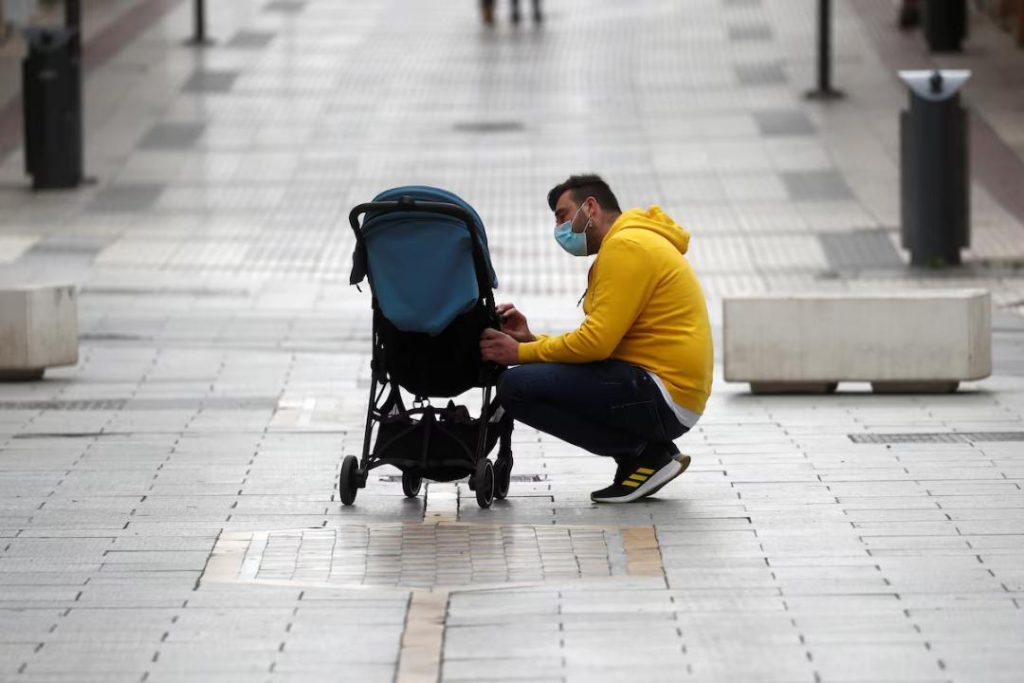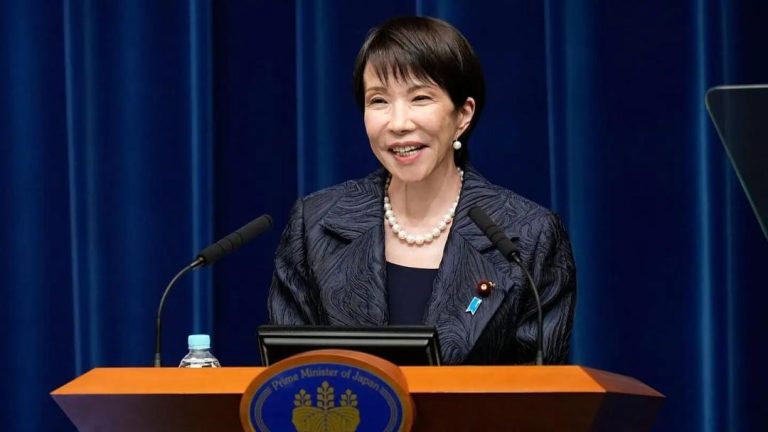
Spain to Offer 17 Weeks of Parental Leave to Both Mothers and Fathers
In a significant move towards promoting gender equality and supporting working parents, Spain has announced plans to extend its parental leave policy to 17 weeks, with both mothers and fathers eligible for equal, fully-paid time off after the birth of their child. This bold decision marks a significant departure from the traditional gender roles and expectations surrounding childcare and work, and is set to have a profound impact on Spanish society.
According to a recent report by Reuters, the Spanish government has unveiled plans to increase the current 12-week parental leave allowance to 17 weeks, with the additional five weeks allocated to fathers. This move is seen as a major step forward in promoting gender equality and encouraging a more balanced distribution of childcare responsibilities between men and women.
Currently, Spain and Finland are the only two EU countries that offer equal, fully-paid birth leave to both parents. The new policy is expected to come into effect in 2025, with the additional five weeks of leave available to fathers who choose to take it. This means that both mothers and fathers will be entitled to 17 weeks of paid leave, allowing them to spend quality time with their newborn and settle into their new family roles.
The decision to extend the parental leave policy has been welcomed by women’s rights activists and advocates for gender equality. “Spain is moving towards feminism…and there’d be no turning back,” said the Spanish Economy Minister, Nadia Calviño, in a statement. This bold statement reflects the government’s commitment to promoting gender equality and challenging traditional gender roles.
The extension of the parental leave policy is also seen as a major boost for working parents, particularly those in lower-income households. Paid leave allows parents to take time off to care for their newborn without worrying about the financial implications, enabling them to focus on their child’s development and well-being.
In addition to promoting gender equality, the extended parental leave policy is also expected to have a positive impact on the economy. Research has shown that when both parents are able to take time off to care for their child, they are more likely to return to work and be more productive, leading to increased economic growth and competitiveness.
The new policy is also expected to have a positive impact on the social fabric of Spanish society. By encouraging men to take on more childcare responsibilities, the policy is seen as a major step forward in promoting a more equal and balanced distribution of household and childcare duties.
The move has also been welcomed by business leaders, who see it as a way to attract and retain top talent. “This is a great step forward for Spain and a great way to attract and retain top talent,” said the CEO of a leading Spanish company, in an interview with Reuters. “It’s a way to show that we value our employees and their families, and that we’re committed to creating a more equal and balanced workplace.”
In conclusion, Spain’s decision to extend its parental leave policy to 17 weeks is a major step forward in promoting gender equality and supporting working parents. By providing both mothers and fathers with equal, fully-paid time off after the birth of their child, the policy is expected to have a profound impact on Spanish society and the economy.
As the Spanish government continues to push forward with this bold initiative, it is clear that Spain is committed to promoting gender equality and challenging traditional gender roles. As the Minister noted, “Spain is moving towards feminism…and there’d be no turning back.” This commitment to equality and fairness is set to have a lasting impact on Spanish society, and is a shining example to other countries around the world.
Source:





